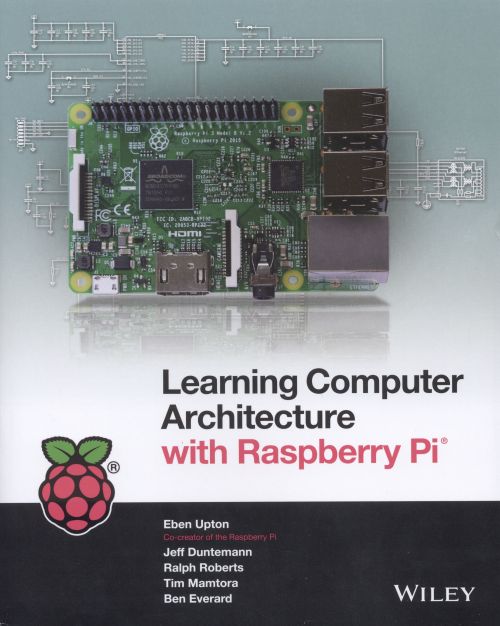Oh, dear. It’s time for my quadrennial warning against third parties. This year is worse than most, because we have two of the strangest and least appealing candidates competing for the Oval Office in my considerable lifetime. I won’t be talking about them here, and I’d prefer not to talk about them in the comments either. Remember, all: heroic courtesy.
Here’s the deal: I’m hearing a lot of people saying that they want to vote for a third party, because neither of the two major parties has put forth a candidate they can stomach. There are third parties, the two largest of which are the Green Party and the Libertarian Party. Why not vote for them? Why not? Perhaps because of the First Law of Third Parties in America:
Third parties hurt the chances of the major parties that they most resemble.
It’s true. Follow along with me here, as this isn’t differential equations. We do not have a parliamentary system in the United States. We have a two-party system, and it is very spectacularly and exclusively two-party. This would be true even without the electoral college, so don’t claim that eliminating the electoral college would fix the problem. (The electoral college does make for trickier math.) Third parties are legal, but they don’t do what you probably hope they will do, which is to elect a President that you can look at without losing your lunch. Instead, they can help elect a President that will make you lose your lunch twice as fast.
This year, in fact, they may help elect a President that will make it difficult for you to ever eat again.
Consider the Green Party. Which party does the Green Party most nearly resemble? The Democratic Party. If the Green Party weren’t on the ballot, for which party would Green Party supporters vote? Not the Republicans, let’s say. Same deal with the Libertarians. If the Libertarian Party were not on the ballot, for which party would Libertarian Party supporters vote? Not the Democrats, ditto.
Let’s consider political reality at this point: Are there Libertarian-leaning people who generally vote Democratic? Maybe a few; I’ve never met nor heard of one but some may well exist. Are there Green people who generally vote Republican? Somehow I doubt it.
Here’s the critical point: Presidential elections are winner-take-all affairs. The candidate with the most electoral college votes takes the office. All the other candidates are out of the picture. Read that again. The person with biggest electoral college ballot pile wins. End of story.
So this is how it works in real life: A vote cast for the Green party candidate is in almost all cases a vote not cast for the Democratic candidate. If enough people vote for the Green party to bring the Democratic candidate’s vote count down below the Republican candidate’s vote count in your state, the Republican candidate wins your state, and your Green vote counts for less than nothing. Same on the flipside: If enough people vote for the Libertarian candidate to bring the Republican candidate’s vote count down below the Democratic candidate’s in your state, the Democratic candidate wins your state, and your Libertarian vote counts for less than nothing. If there is enough of this vote siphoning in enough states, a different President takes office than the one who would have in the absence of any third parties.
I simply cannot comprehend why so many people don’t get this.
It’s happened at least once in recent history: The Greens under Ralph Nader threw the election to the Republicans in 2000. Whether Ross Perot threw the 1992 election to Bill Clinton is debatable. If all the Perot voters would have otherwise voted Republican in all the right states, perhaps. But Perot was an odd case, in that he had support (if not equal support) on both side of the political aisle, largely from genuine independents who mostly hated the status quo at the time. I’m pretty sure John Anderson did not throw the election to Reagan in 1980, though being sure of that is made hugely more complex by the intricacies of the electoral college system. Everything depends on who the third-party voters would have voted for in the absense of the third party in question, and that’s an alternate-universe issue that is almost by definition unknowable.
So let me be annoyingly repetitive: You can choose between one of two parties, or you can generate electoral weirdness by voting for a third party and possibly bringing the candidate you most loathe into office. You may consider both parties evil. Evil, however, is what’s on the menu. It’s either hot dogs or hamburgers, and vegans are out of luck.
This may be unpleasant, but it’s how things work. You choose between the lesser of two evils. I do it all the time; in fact, I do it almost every time. You’re going to do it this time too if you have any sense at all. There is no least of three evils, or four. Only two count.
We have a Republic. It may not be the Republic you want, but it’s the Republic we have. Do your best to keep it.












